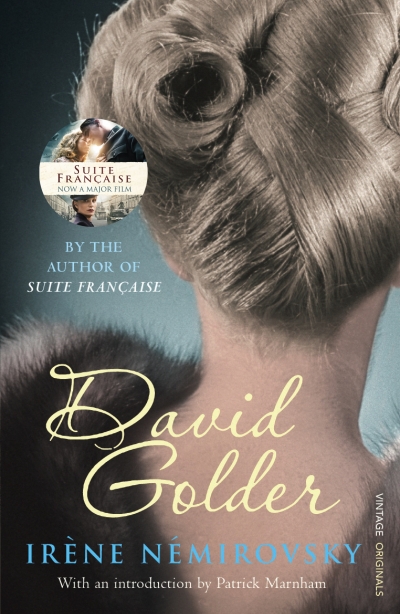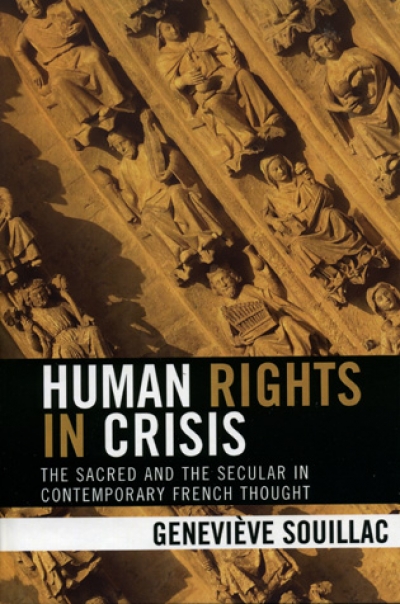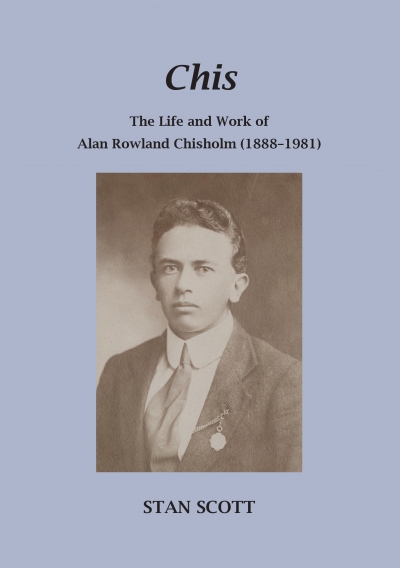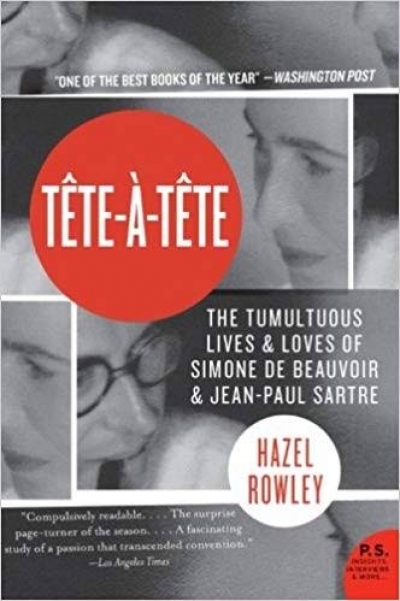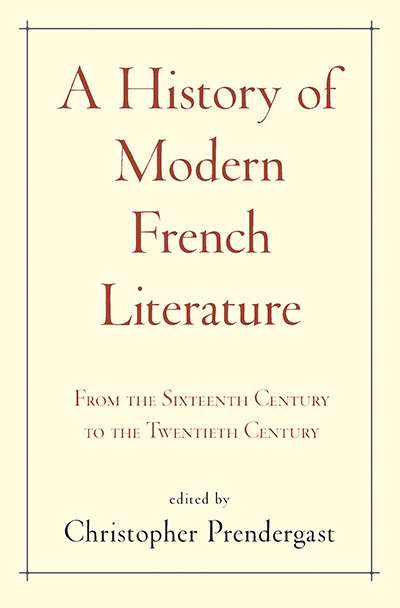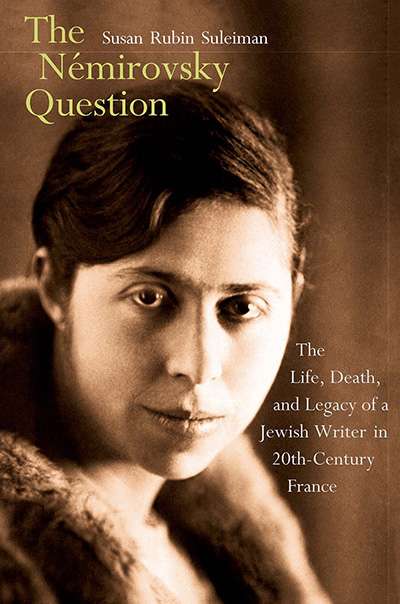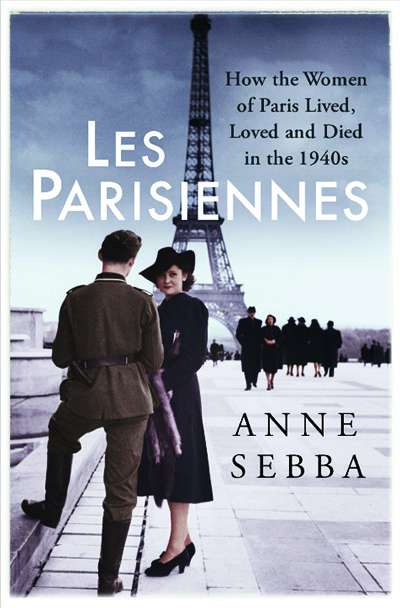Colin Nettelbeck
Colin Nettelbeck is an Emeritus Professor at the University of Melbourne, where he held the A.R. Chisholm Chair of French. He taught previously at the University of California (Berkeley) and Monash University. He has written extensively about twentieth-century and contemporary French literature, cinema, and cultural history, with special focus on the French experience of World War II. His most recent book is Dancing with de Beauvoir: Jazz and the French, published by Melbourne University Press in 2004. His essay ‘Kneecapper: a Trip to Happiness’ (published in the Autumn 2011 Meanjin Quarterly) was shortlisted for the 2010 Calibre Prize for an Outstanding Essay. He was awarded second prize in the 2012 Calibre Prize for ‘Now They’ve Gone’.
When Irène Némirovsky’s Suite Française was first published in France in 2004, it created extraordinary interest for at least three reasons. Firstly, there was the story of the survival of the manuscript, preserved in an unopened suitcase for almost sixty years by Némirovsky’s daughters, Elisabeth and Denise, who had assumed that the papers in their possession were personal notes that woul ... (read more)
The Australian Journal of French Studies special number on Jacques Rivette continues the journal’s tradition of ground-breaking scholarship. Rivette has long been acknowledged as both an important and enigmatic film director – in some respects even more challenging than his New Wave colleague, Jean-Luc Godard. Rivette’s work is notoriously difficult of access. Almost all his films are unconv ... (read more)
It is hard to imagine that any reader of the text of the 1948 United Nations Universal Declaration of Human Rights would be unmoved by the nobility of its aspirations. Born of the determination that human beings would never again have to suffer the oppressions and indignities that reached so hideous a climax in the events of World War II, it promises a world in which all people can enjoy a range o ... (read more)
In his lifetime, Alan Rowland Chisholm was widely regarded as an Australian national treasure, and the new biography by Stanley John Scott is compelling evidence that he deserves to remain recognised as one today.
This is a book that might have languished as an unpublished typescript, or indeed simply disappeared. Its author died in 2014, having twice withheld it from publication. The first time ... (read more)
Jean-Paul Sartre and Simone de Beauvoir are both mythical figures. They are also a mythical couple, a symbol of lifelong intellectual and personal commitment to each other and to commonly espoused causes. Of the two, Beauvoir is probably the more widely read today, because of her foundational role in the development of feminism, and the relative accessibility of her writing. In comparison, Sartre ... (read more)
On the acknowledgments page of this vast compendium, Christopher Prendergast describes the creation of the work as an ‘arduous task’ and the book itself as an ‘unwieldy vessel’. One can sympathise with the difficulty of presenting as a history of five centuries of French literature what would more accurately be described as a chronological anthology of essays by more than thirty different ... (read more)
When Irène Némirovsky’s Suite Française appeared in 2004, it was a huge success, in France and throughout the English-speaking world as well. Its account of France’s collapse at the beginning of World War II, and its portrayal of the early part of the German Occupation, are now acknowledged as profoundly insightful and of an epic scope matched by few other writers. In addition, the story of ... (read more)
The eminent French historian Annette Wieviorka, in The Era of the Witness (1998, English version in 2006), analyses the difficulties arising, in writing historical narratives about recent times, from the exponential growth in the number of people wanting their stories to be heard. Wieviorka, whose field of specialisation is the Shoah, traces the trend of what she calls the ‘democratisation’ of ... (read more)
After the horrific massacres in Paris and the ensuing ones in Belgium that were purportedly intended for France, the French were spontaneously drawn together in a defiant affirmation of their fundamental values. In the weeks following the killings, they marched, they ate at restaurants, they took the métro, they gathered in museums, galleries, and cinemas. They were not, in short, going to be imm ... (read more)


